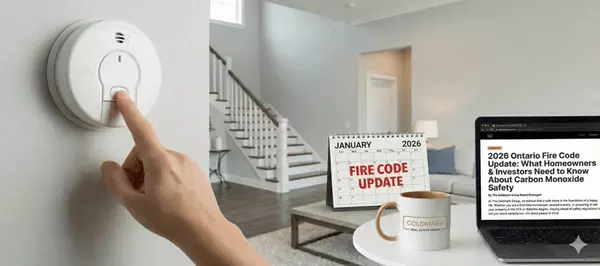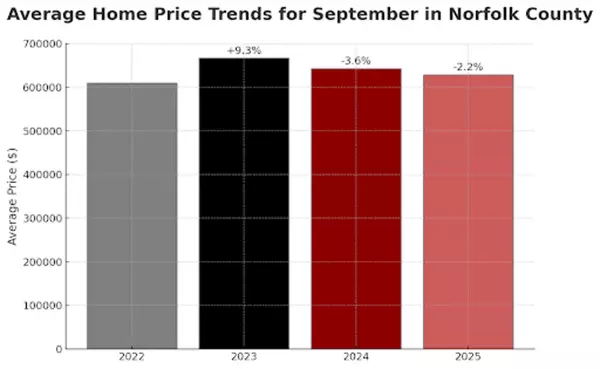Managing Tenants in Condos: Keeping Boards Happy and Investments Protected
For condominium investors in Toronto, success is often measured by numbers: rental income, appreciation, cash flow, and return on investment. However, beyond financial performance, one of the most important, and often underestimated, factors influencing condo profitability is tenant behaviour. Unlike detached rental properties, condominium investments operate within shared spaces and a shared community governed by a board of directors. These boards enforce bylaws and rules that apply equally to residents and investors, and they notice if tenants disrupt community life.
Even small issues, such as noise complaints, improper use of amenities, or parking disputes, can escalate into formal warnings or fines. When problems repeat, boards may hold landlords directly accountable; tenant management is a critical aspect of protecting both the value of your unit and your standing with the board.
Investor Obligations Under Ontario’s Condominium Act
In Ontario, landlords remain legally responsible for their tenants’ conduct within a condominium. The Condominium Act gives boards authority to enforce bylaws, and while complaints may begin with the tenant, responsibility ultimately rests with the unit owner. If a tenant disregards smoking rules, keeps an unauthorized pet, or repeatedly causes disturbances, the board will contact the landlord to resolve the situation. If the issue persists, the board can escalate matters through legal channels, potentially imposing fines or requiring the owner to cover costs related to enforcement.
Tenant issues are not just a nuisance; they can become direct financial liabilities. Poor tenant behaviour may also lead to strained relationships with the board, which can make approvals for renovations, communication on maintenance, or flexibility on policies more difficult to secure in the future.
Common Flashpoints Between Tenants and Condo Boards
While every building has its own bylaws and culture, certain recurring issues frequently place investors at odds with boards.
Noise and Lifestyle Conflicts
Music, late-night gatherings, or even regular foot traffic can trigger complaints in shared buildings.
Amenity Misuse
Gyms, pools, and party rooms are common sources of disputes when tenants fail to follow booking procedures or damage facilities.
Parking and Storage
Unauthorized vehicles or improper use of lockers often lead to warnings or fines.
Short-Term Rentals
Despite restrictions in many Toronto condos, some tenants attempt to list units on platforms like Airbnb.
Rule Compliance
Pet restrictions, smoking bans, and balcony use policies are often overlooked by tenants unfamiliar with condo living.
Each of these flashpoints underscores the importance of clear expectations and strong oversight by the landlord. Without active management, small issues can snowball into larger conflicts that erode both profitability and reputation.
Proactive Strategies for Investors
Maintaining a positive relationship with a condo board begins with preventing problems before they occur. That requires a deliberate approach to tenant management.
Screening for Fit
Good tenant screening that complies with provincial regulations is essential. Having a comprehensive system in place to ensure consistent screening will help.
Clear Communication of Rules
Many tenants simply do not realize how strictly condo boards enforce bylaws. Providing new tenants with a copy of building rules, along with a summary of the most relevant policies, including noise restrictions, amenity booking procedures, and smoking bans, helps prevent accidental violations. Written acknowledgment that they have received and understood these rules adds a layer of accountability.
Regular Follow-Up
Even well-screened tenants may run into issues. Maintaining open channels of communication ensures problems are flagged early. Regular check-ins, whether through email or brief calls, allow landlords to address minor concerns before they escalate into formal complaints.
Swift Response to Complaints
Boards expect landlords to act quickly when issues arise. A timely and professional response demonstrates responsibility and reduces the likelihood of the board escalating matters. Whether the issue involves parking misuse or disruptive noise, prompt action helps preserve goodwill.
Documentation of Interactions
Keeping a record of tenant communications, complaints received, and steps taken to address them is invaluable. If disputes escalate, this documentation shows the landlord has acted responsibly and in good faith, strengthening their position in any negotiations with the board.
How Proactive Tenant Management Protects Investments
When boards perceive an investor as negligent or absentee, they may become less cooperative, creating friction that affects more than just tenant issues. Requests for renovation approvals may be scrutinized more harshly, while board communication may become less responsive. Conversely, when landlords demonstrate that they take rules seriously and manage tenants responsibly, boards are more inclined to view them as partners rather than adversaries.
This proactive approach also has direct financial benefits. Avoiding fines, legal disputes, and tenant turnover preserves profitability, while maintaining positive board relationships ensures smoother operations in the long term.
Partnering with Professional Property Management
Managing tenants in a condominium environment requires time, consistency, and careful oversight. For many investors balancing other commitments, working with an experienced property manager can be the most effective way to maintain both tenant satisfaction and board goodwill. Marco Property Management in Toronto offers comprehensive tenant management services, including communication and handling disputes, for fast and professional resolutions. With over 20 years of experience, Marco helps protect both your investment and your reputation, ensuring that boards see you as a responsible and cooperative owner while your rental property continues to perform.
Recent Posts










